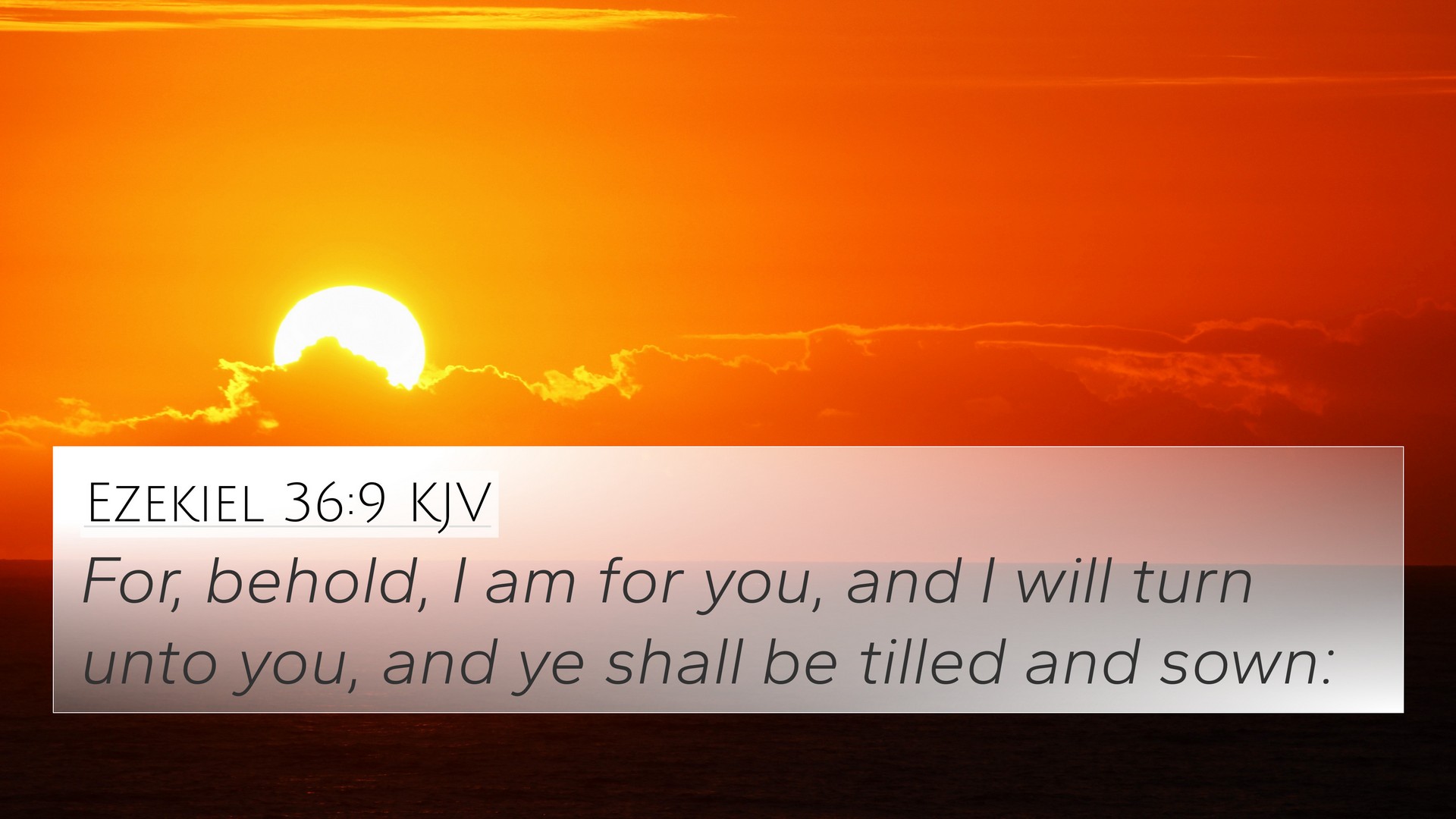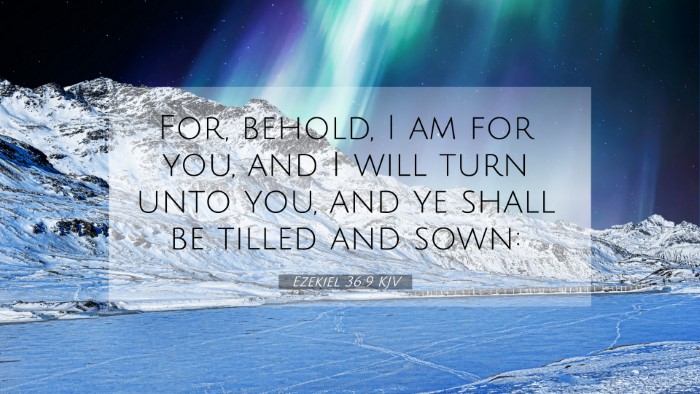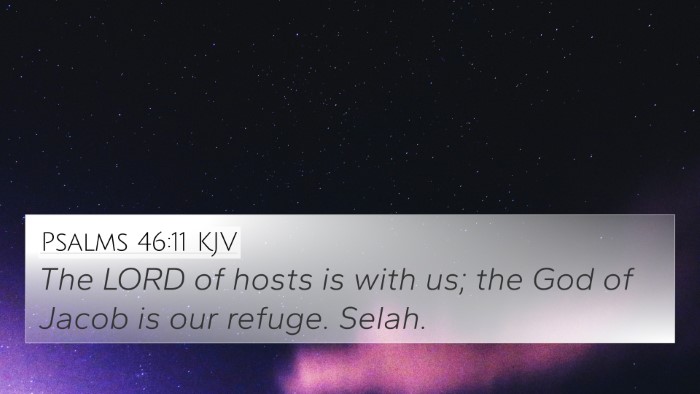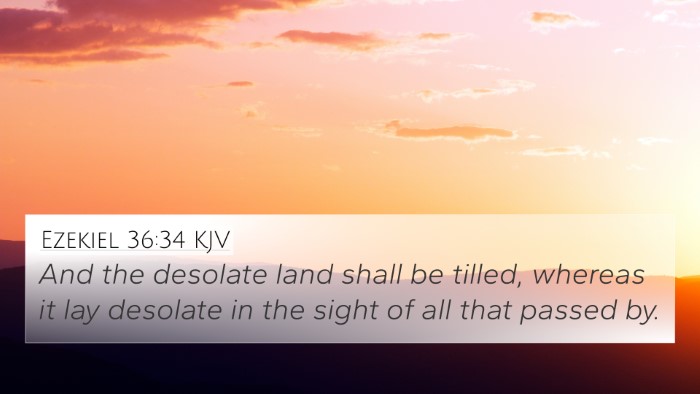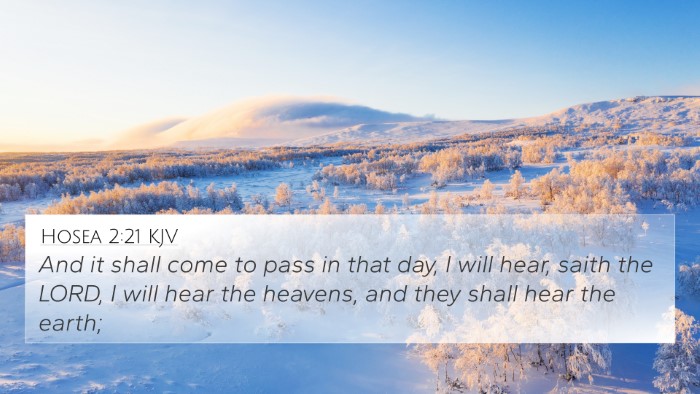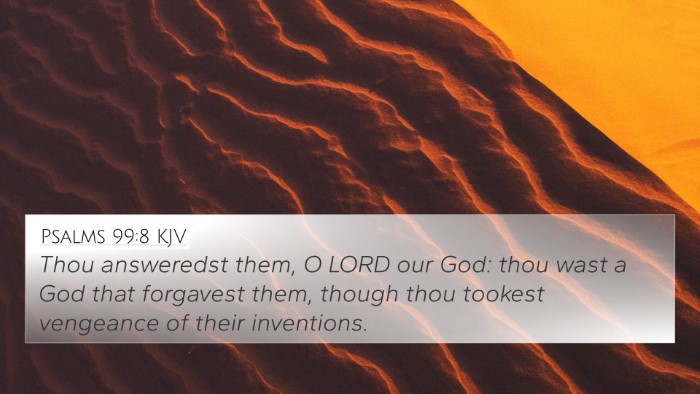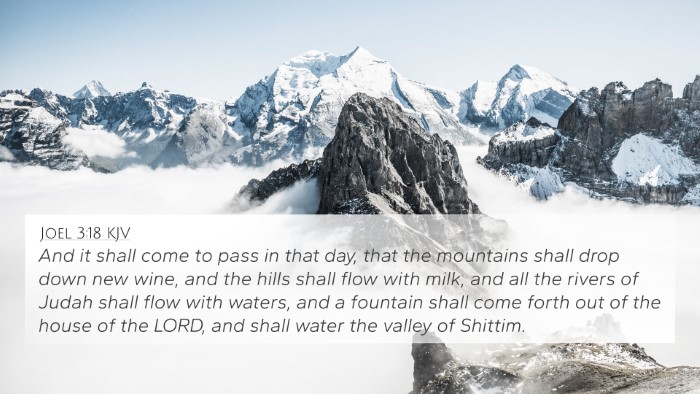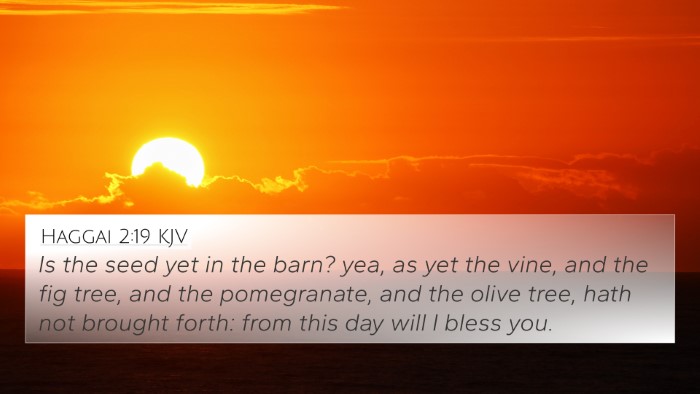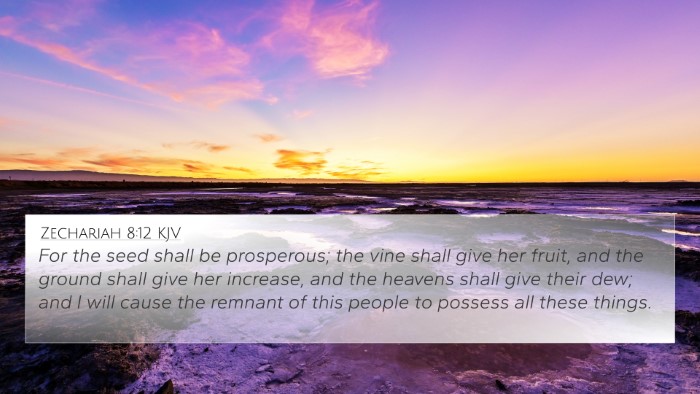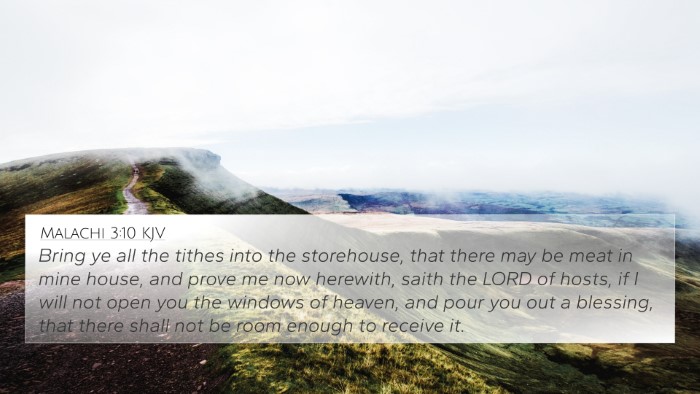Ezekiel 36:9 Interpretation and Meaning
Ezekiel 36:9 states: "For behold, I am for you, and I will turn unto you, and ye shall be tilled and sown." This verse conveys profound assurances of God’s commitment to the restoration of Israel.
Contextual Insights
The Book of Ezekiel, written during the Babylonian exile, highlights themes of judgment and eventual restoration. Ezekiel serves as a prophet to the Israelites, calling them to repentance while also delivering messages of hope for the future. In chapter 36, God expresses His intent to restore not just Jerusalem but the people themselves.
Summary of Key Themes
- Divine Assurance: God's declaration "I am for you" emphasizes His protective and restorative nature.
- Promise of Fertility: The imagery of being "tilled and sown" symbolizes growth, abundance, and a renewed relationship with God.
- Context of Restoration: The verse belongs to a larger promise that includes the reclaiming of the land and revitalization of the people after their disobedience.
Commentary Insights
Matthew Henry's Commentary
Henry notes that this passage reflects God’s favor and purpose for His people. He elaborates that when God speaks of turning to them, it denotes a relational presence, promising support and transformation. This serves as a precursor to the coming changes in their spiritual and physical conditions.
Albert Barnes’ Exposition
Barnes explains that the phrase "I will turn unto you" indicates God’s active involvement in the lives of His people. This relationship is reciprocal; as God turns toward them, He expects a faithful response in return. His commitment is underscored by the agricultural metaphor, which is significant for an agrarian society dependent on God’s blessings.
Adam Clarke's Commentary
Clarke emphasizes the restoration aspect, highlighting that God promises to make the people fruitful as a demonstration of His grace. He connects this to God's covenantal faithfulness, reiterating that despite their previous unfaithfulness, God remains steadfast in His will to bless and restore.
Cross-References and Thematic Connections
This verse can be linked to several other passages that explore similar themes of restoration and God’s faithfulness:
- Jeremiah 30:18: "Thus saith the Lord; Behold, I will bring again the captivity of Jacob's tents..." - A promise of restoration.
- Joel 2:21-27: God promises to restore the years consumed by locusts, mirroring the themes of agricultural abundance.
- Isaiah 61:3: "To grant to those who mourn in Zion..." - A message of comfort and restoration.
- Romans 8:31: "If God be for us, who can be against us?" - A New Testament affirmation of God’s protective promise.
- Psalms 126:4: "Turn again our captivity, O Lord..." - A prayerful acknowledgment of God’s power to restore.
- Hebrews 13:5: "For he hath said, I will never leave thee, nor forsake thee." - Assurance of God's continual presence.
- Acts 3:19: "Repent ye therefore, and be converted..." - Connection to the theme of repentance leading to restoration.
Conclusions on the Significance of Ezekiel 36:9
The verse carries significant implications for understanding both the Old and New Testaments. In linking scriptures, we can see a cohesive narrative of God's unwavering commitment to His people. His desire for their restoration not only illustrates a historical context but also underlines spiritual truths relevant to all believers.
As part of a broader study, tools for Bible cross-referencing can enhance the understanding of such connections. Utilizing a Bible concordance or a comprehensive cross-reference guide may help deepen one's insight into the relational dynamics reflected in these scriptures.
Further Reflections
Reflecting on Ezekiel 36:9 invites believers to consider how God interacts with His people, offering both hope and restoration amidst trials. This scripture, along with its cross-references, vividly illustrates the intricate themes of divine favor, faithfulness, and burgeoning growth after spiritual dry seasons.
By examining cross-referenced scriptures, one can grasp the holistic values conveyed through interconnected Biblical narratives, making the message of hope and reconciliation resonate across time and context.
